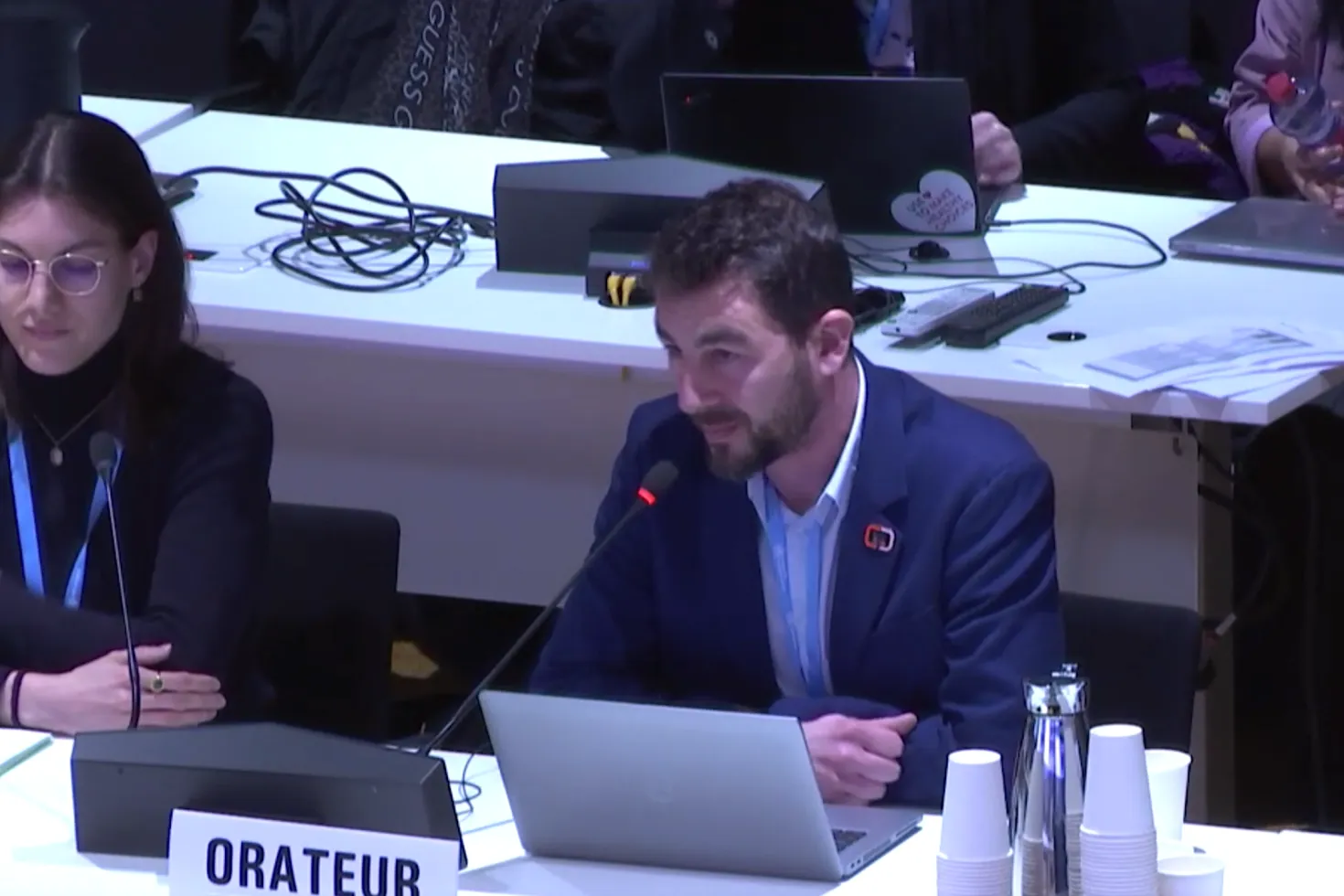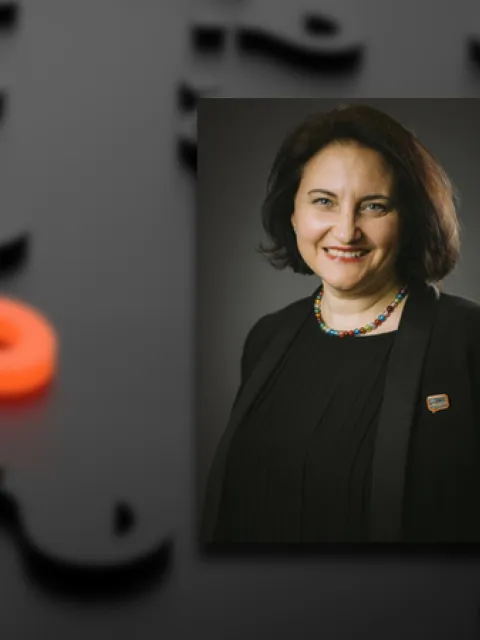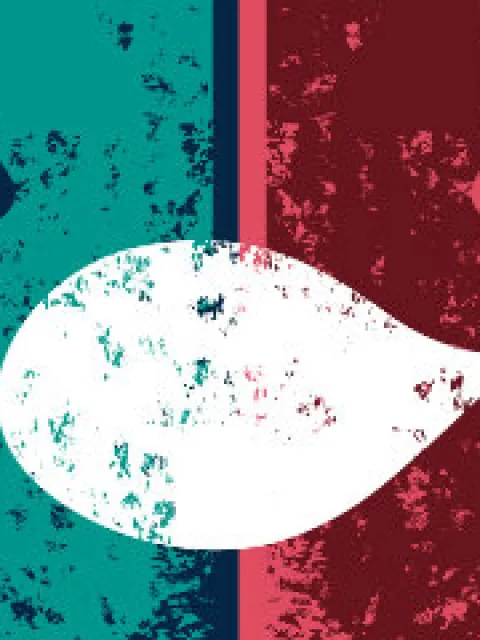UICC at the WHO Executive Board: key outcomes and advocacy priorities
WHO’s 156th Executive Board addressed key health policy decisions, focusing on budget constraints, non-communicable diseases, and universal health coverage. UICC advocated for stronger cancer prevention, regulation of medical products, and recognition of air pollution's impact on vulnerable groups.

HIGHLIGHTS
- Due to the US withdrawal, WHO delayed technical work on new resolutions until 2026 while advancing them to the WHA in May 2025.
- Discussions relevant to UICC and its members emphasised cervical cancer elimination, lung health, and universal health coverage to improve access to cancer care.
- UICC urged national cancer control plans, stronger regulations for medical products, and better integration of traditional medicine.
- WHO introduced an integrated lung health approach and designated World Cervical Cancer Elimination Day to boost awareness and policy action.
At the Executive Board meeting of the World Health Organization (WHO) held from 3-11 February in Geneva, Members States agreed upon the agenda for the World Health Assembly and the resolutions to be considered by the Health Assembly. It is composed of 34 members elected for three-year terms.
A crucial agenda item was WHO’s budgetary challenges in light of the announcement by the US Administration to withdraw from the organisation.
Discussions centred on how to finance new health initiatives without compromising existing programmes. Three options were considered: (1) reprioritisation of WHO programs, potentially de-prioritising ongoing work; (2) adoption of new resolutions but postponement of technical work until the 2026-2027 budget cycle; and (3) not adopting any new resolutions this year.
Member States reached a consensus on option 2, meaning that proposed resolutions will proceed to the WHA in May 2025, but their technical implementation will be delayed until 2026.
Several critical health topics relevant to the cancer community were discussed, notably the prevention and control of non-communicable diseases (NCDs), with specific attention to cervical cancer elimination and lung health. Universal health coverage (UHC) was also a major theme and is a key topic for the cancer community to ensure that people living with cancer can access necessary care without financial burden.
Additionally, the board discussed the risks posed by substandard and falsified medical products, the strengthening of the global health workforce, and the impact of climate change and pollution on human health.
As one of the NGOs in official relations with WHO, UICC delivered four statements at the EB sessions:
-
To help prevent and control non-communicable diseases (NCDs), UICC urged governments to develop costed national cancer control plans with time-bound targets.
-
Regarding substandard and falsified medical products, UICC underlined the importance of increased financial support, robust accountability pathways, and improved stakeholder engagement to enhance the implementation of the Member State Mechanism, a global forum established by the World Health Assembly to develop strategies for mitigating the public health risks and harm caused by these products.
-
UICC welcomed the draft global traditional medicines strategy, emphasising the need for effective regulatory systems, harmonised training programs, and collaboration between traditional and biomedical practices.
-
UICC supported the updated roadmap for an enhanced global response to the health impacts of air pollution, urging WHO to recognise people with cancer as a vulnerable group and to provide guidance on the delivery of global 'best buys' for air pollution.
UICC’s positions in these discussions are built on the feedback and experiences gathered from UICC Member organisations in order to try and ensure that UICC effectively represents the voice of its community at these key global platforms.
Two resolutions related specifically to cancer, notably on Promoting and prioritising an integrated lung health approach and on World Cervical Cancer Elimination Day, with Member States supporting the official recognition of 17 November as Cervical Cancer Elimination Day.
“UICC particularly welcomes WHO’s integrated lung health approach and its inclusion of lung cancer. We are optimistic that the WHO roadmap will strengthen lung cancer prevention, treatment and care, as well as encourage greater collaboration on other respiratory diseases.”, said – Sonali Johnson, Head of Knowledge, Advocacy and Policy.
These two resolutions are particularly timely as UICC prepares for the UN High-Level Meeting on NCDs in September 2025. The UICC team has engaged for several months with representatives of Permanent Missions in Geneva as well as with other key CSO stakeholders ahead of the EB and these relationships continue to be important as we develop our advocacy on cancer control to be included in new NCD commitments.
Last update
Friday 07 March 2025
